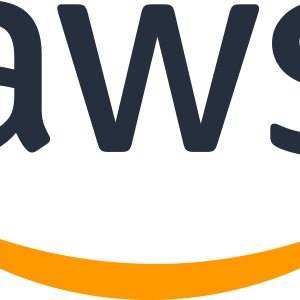Industry 4.0: The Bet for Business and Technology

STORY INLINE POST
Technology has delivered different breakthroughs throughout history, which have been acknowledged as “technological and industrial revolutions.” These revolutions exemplify a human being’s need to optimize everyday tasks, facilitate working tools and channel efforts that have a repercussion on the innovative creations that industries inherit. With these efforts, antecedents that delimited the way toward a business-industrial integral development have been developed.
The new technological revolution finds its tools within Industry 4.0. It combines operational techniques with state-of-the-art technology to optimize the processes of companies, organizations, institutions and the home itself.
New telecommunication tools, such as internet and other technologies, have converged within Industry 4.0, which combines all these tools as well as a specialization in its opportunity niches. Industry 4.0 has thus become the new bet for innovation and the most important breakthrough for those companies wishing to remain at the forefront with the highest standards of innovation and efficiency.
It is important to mention that Industry 4.0 should not be considered just a migration from the traditional — that is phone calls and all that was saved in file rooms full of folders and documents. It is also a bet on a sustainable world in which not only environmental protection, thanks to phenomena such as home office, becomes relevant but transparency and information monitoring. In other words, Industry 4.0 is the foundation for tools that will facilitate the functionality of processes, from the smallest to the largest scales.
Industry 4.0 should not be limited as a corporate benefit, It should support all production processes, purchase-sell products, operating systems management, customer service, government platform optimization and also as a market opportunity that thousands of families will bet on after enduring the lifestyle jump taken over the last year and a half, which has also forced us to look for alternatives that contribute to responsible and sanitary social distancing.
Confinement repercussions and health distancing measures at the international level have taught us that the migration from traditional to technological is not a privilege of those companies betting on being at the forefront. Rather, the very need to maintain functions in the economic order at the micro, medium and macro levels finds in telecommunications, technology, platforms and processes automation the solution for an uncertain future that has also contributed to a change in everyone’s lifestyle.
Hundreds of startups around the world found prior to the health crisis, as well as during it, the opportunity to become the ideal market to offer different solutions that, although seemingly repetitive, resulted in an opportunity to reduce costs and create specialized technologies for companies.
Within the large solutions portfolio attributed to industry 4.0, the state of Israel offers a true catalogue of solutions that contribute to optimal business performance, as well as solutions that benefit the regular public. Israeli startups have become referents of innovation at the world level, not only because of the high level of technology they develop but because of how disruptive their solutions are, their cost accessibility and the high impact they have globally. It is no surprise that different inventions made by Israeli citizens are constantly purchased by large corporations that make them global. Within Israel, at least, it is expected that the utilization of Industry 4.0-related technologies will grow 20 percent each year until 2025.
Israeli offerings related to Industry 4.0 have a strong performance of 25 percent growth on Internet of Things (IoT) platforms, since these platforms also serve as SPC (Statistical Process Control) tools, or predictive analysis, that predict failures, downtime, delivery times and quality issues. According to Value Reports, the worldwide market of IoT solutions will grow 8 percent per year to more than US$118 billion in 2025.
The approach to these types of technologies can be made through the different platforms that allow a closer relationship between Mexico and Israel, and that, as a consequence, enable the creation of bridges for mutual sharing of this technology and the continuity of large-scale business efficiency, as well as new offers for the Mexican market. The Embassy of Israel, through its trade office, facilitates these links while providing guidance in the process for the advancement of Industry 4.0






















